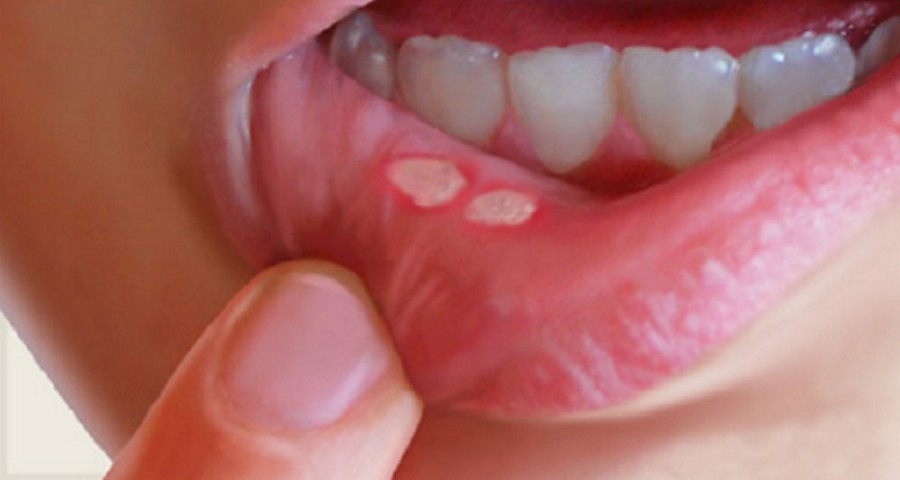
Canker sores are a common occurrence with children and young adults within the age of 20. This minute and deep ulcer might appear again three to four times in a year. This might cause serious pain and mostly occurs in your mouth. They usually get better on their own; if not, then a professional service should be availed.
Are canker sores contagious?
Due to numerous reasons, people end up asking that are canker sores contagious or not. The following information will certainly make the fact clear that they are not contagious with reasons for this belief. They cannot transfer from one person to another through direct or indirect contact. There are two possible causes of this misconception, i.e:
- Its resemblance to a cold sore
- The belief that it is caused by bacteria or a virus
Are canker sores contagious like cold sores?
Cold sores are also swelled up lesions in the mouth region; cause by herpes viruses. These highly resemble a canker sore from their outlook. Also, the existence of common symptoms like pain as a result of stress adds to their resemblance. Due to these common features, people consider canker sores and cold sores distant relatives having a common origin. Since cold sores are contagious, people believe that canker sores are contagious as well. This statement is completely false; as both are separate medical conditions, which just happen to look alike.
Viral origin- a fiction
Due to its resemblance with other problems with similar physiology, it is also believed that canker sores are caused by some kind of virus; so they are contagious. Since the basis of a conclusion is incorrect, the result is also false. The causes are canker sores in currently a field of interest, it is well established fact that these are not caused by viruses.
Why should you avoid contact?
Although the answer to the question “are canker sores contagious” has become quite clear, there are still reasons that might compel you to avoid having direct contact with anyone else. You should take care that you do not take part in any activity in which the sore might come in contact with anything else. If such a thing happens, the risk for you is greater than the other person. The germs on the other person’s body or skin might transfer to your canker sore. This will lead to infection, extending your period of suffering.

